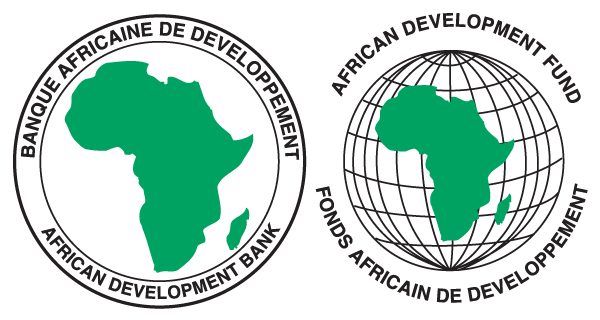
BY FIDELITY MHLANGA
THE African Development Bank (AfDB) says the Zimbabwean government must create independent regulatory bodies for sub-sectors in the transport industry to ensure efficiency.
The National Railways of Zimbabwe (NRZ) acts as both operator and regulator.
In the case of road transport, there is no formal regulatory body. However, in the event that customers for the road, rail and aviation sub-sectors wish to lodge complaints about the quality of services and prices, the only avenue is the Competition and Tariffs Commission.
Under the roads sub-sector, responsibility for technical standards for road construction and safety rests with the Department of Roads, while responsibility for oversight of the road transport industry is dispersed among several entities.
“The changing role of the government in the transport sector, with increasing participation by the private sector, calls for early reconsideration of arrangements for regulation of transport services. In the case of the transport sector, the report proposes the creation of a regulatory authority for each sub-sector, namely: roads, rail and aviation,” AfDB said.
“Under the proposed strategy, the government would retain ownership of the transport infrastructure and therefore would have the ultimate responsibility for its upkeep. New legislation would be required to create the proposed independent regulatory authorities. Careful consideration of the degree of independence, autonomy, expertise, and accountability for the authority will be required.”
The aviation industry is currently regulated by the Civil Aviation Authority of Zimbabwe, which is also the operator of airport and navigation services for the industry, but a bill has been passed to make way for the setting-up of an airports company which will own and operate the airside infrastructure at all airports in the country.
- Chamisa under fire over US$120K donation
- Mavhunga puts DeMbare into Chibuku quarterfinals
- Pension funds bet on Cabora Bassa oilfields
- Councils defy govt fire tender directive
Keep Reading
The aviation sector is experiencing various challenges, including financial constraints and old air traffic control equipment which needs upgrading or replacement.
According to the AfDB, the transport sector needs US$28,56 billion, most of which is required in the road sub-sector. Cumulatively, the country’s infrastructure needs stand at US$34 billion.
The railways sector has numerous challenges including badly damaged tracks, obsolete signalling systems and rolling stock, theft of operating equipment, low locomotive and wagon availability.
As for NRZ, government plans to form the Railway Infrastructure Company of Zimbabwe (RICZ) responsible for the maintenance and operation of the railway infrastructure and would be the owner and manager of the railway infrastructure.
The Zimbabwe Railway Services Company (ZRSC) would also be privatised providing passenger and freight services on the entire rail network in competition with other concessionaires.
“If there is to be sustained progress in rehabilitating and rebuilding the infrastructure assets and services of the country, there is a clear need for early action on the financial and technical restructuring of these enterprises. Potential private investors in water storage and transport, power generation, railways, and airport concessions will require financially sound public partners for the types of PPP (public-private partnership) arrangements currently envisaged by the government,” AfDB said.
“The restructuring process will have to be undertaken on a case-by-case basis, with close attention given to the full range of stakeholder interests, including, for example, the manner in which staff redundancies will be managed. Long delays in restructuring the SOEs (state-owned enterprises) that are potential partners with private investors in PPP-type arrangements will simply delay efforts to upgrade and increase capacities in key infrastructure areas such as power generation, railway services, and airport capacities and services at key tourist destinations in Zimbabwe.”
On electricity generation, the bank did not recommend restructuring for the energy utilities, but emphasis was placed on improving the financial and technical capacity of the Zimbabwe Power Company and Zimbabwe Electricity Transmission and Distribution Company.
“Tariffs have been kept lower than their cost-recovery value due to resistance to tariff increases from various users. As of 2018, the average tariff was 9.86 US cents per kilowatt hour (kWh). A cost-reflective tariff is 12.85 US cents per kWh. Tariffs in other parts of the region range between 3 and 9.86 US cents per kWh. The implication is that the present economic signals to potential private investors in power generation in Zimbabwe are poor,” AfBD said.
Zimbabwe is enduring 18 hours of load-shedding as the generation capacity has plummeted way below the country’s peak demand of 1 800 megawatts (MW).
As of Wednesday, the country was generating just 738 MW; Munyati power station (16MW), Harare (15MW) Kariba (530MW) and Hwange (177MW).











